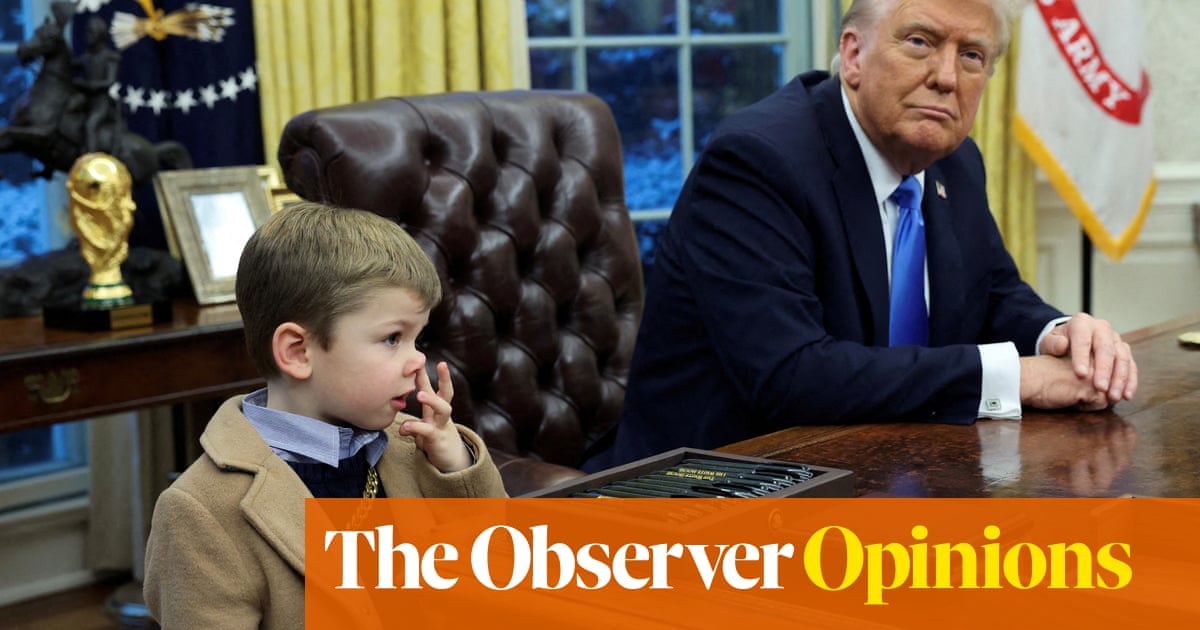Former Sunni speaker shieldedd 182 votes in the 329-seat legislature with presentant help from Shia political blocs.
Iraq’s parliament has elected Mahmoud al-Mashhadani, a notable Sunni laworiginater who has a shut relationship with Iran, as its novel speaker after months of deadlock among political factions.
Al-Mashhadani, who served a previous stint as speaker from 2006 to 2009, was picked by a vote of 182 of the 269 legislators who joined the session on Thursday. Parliament has 329 seats.
In November 2023, the Federal Supreme Court abruptly finishd the tenure of the most strong Sunni parliament speaker, Mohammed al-Halbousi, without saying why, setting the stage for a fight over succession that dragged on for shut to 12 months.
Al-Halbousi, who had served as the handleor of Anbar province, was elected in 2018. He was 37 at the time and became the youthfulest parliament speaker in the country’s history. He was re-elected in 2022 for a second term and served until his removal in 2023.
Al-Mashhadani shieldedd his election with presentant help from the coalition that integrates ineloquential Shia parties and Iran-aligned groups alengthy with the State of Law coalition led by establisher Prime Minister Nouri al-Maliki.
Under the country’s religiously polarizing power-sharing system, the parliament speaker is always Sunni, the prime minister Shia and the pdwellnt Kurdish.
The role of speaker is presentant in Iraq’s normally fragmented political landscape. Al-Mashhadani will now have to tackle many disputes including fraudulence and inside divisions that could also menaceen his post.
He will also have to deal with some contentious legislation, including a gived amfinishment to Iraq’s personal status law handleing family matters, which critics say would in effect legitimateise child marriage.
His election comes as Iraq trys to steer the repercussions of Israel’s wars in Gaza and Leprohibiton and stabilitys its relationship with Iran and the United States.
Iran-aligned militias, such as the Islamic Resistance in Iraq, have normally started drone attacks on bases housing US troops in Iraq and Syria in retaliation for Washington’s help for Israel.
Iraq’s handlement has sought to elude alienating the US, on which it has relied for economic and military help, with US troops still based in the country primarily to counter ISIL (ISIS).










